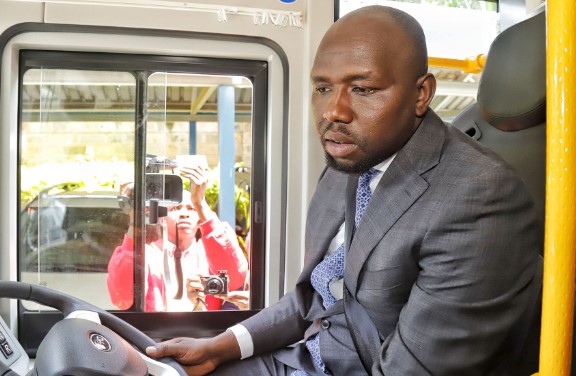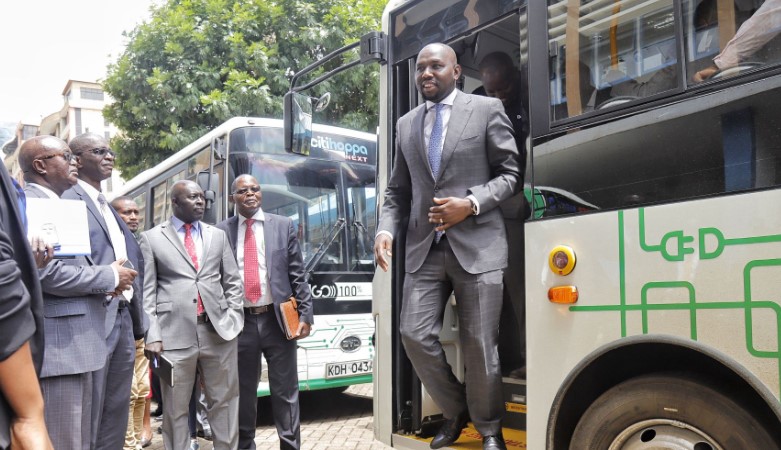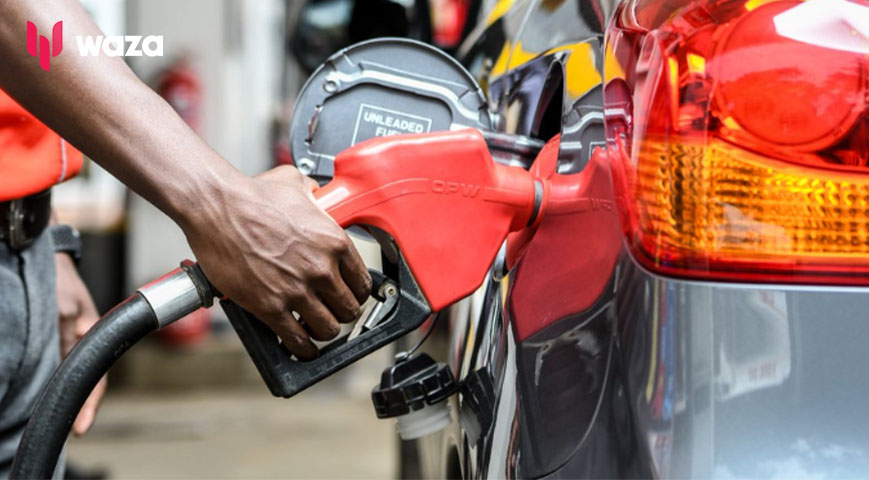Nairobi public service vehicle(PSV) operators are set to receive fifteen electric buses from the Kenyan electric vehicle startup BasiGo.
BasiGo on Wednesday delivered two environmentally friendly buses to Citi Hoppa and Super Metro.
The adoption of electric passenger vehicles comes when the government seeks to modernize the country’s PSV sector.
Kipchumba Murkomen, the Cabinet Secretary for Roads and Transportation, stated that the government's plan to combat pollution and climate change includes the adoption of EVs.
CS Murkomen stated that the government would offer incentives to purchase EVs by public utility vehicles, motorcyclists, and commercial transporters.
Did you read this?
“The Government will play its role in the transition to e-mobility by providing an enabling environment for development and mainstreaming e-mobility through fiscal incentives for importers, manufacturers, assemblers, sellers and spare part dealers,” said Murkomen.
To aid in the shift to e-mobility, the Kenyan government passed the Energy Act of 2019 and the Climate Change Act of 2016 in 2016.
The excise tax on 100% EVs was decreased from 20% to 10% by the Finance Act of 2019, and the new National Green Fiscal Incentives Framework is considering several other potential incentives.

“As we promote electric mobility, we must prepare as a nation to deal with batteries’ end of life style in a manner that they will not cause any harm to the environment while exploring ways of recycling them or better ways of disposal will be crucial,” he added.
Through the Bus Rapid Transit system (BRT), the government supports the employment of high-capacity vehicles in municipal public transportation.
The establishment of charging stations has made it easier for people to charge their electric automobiles, which take 2 to 3 hours to fully charge and have a range of up to 250 kilometres.












